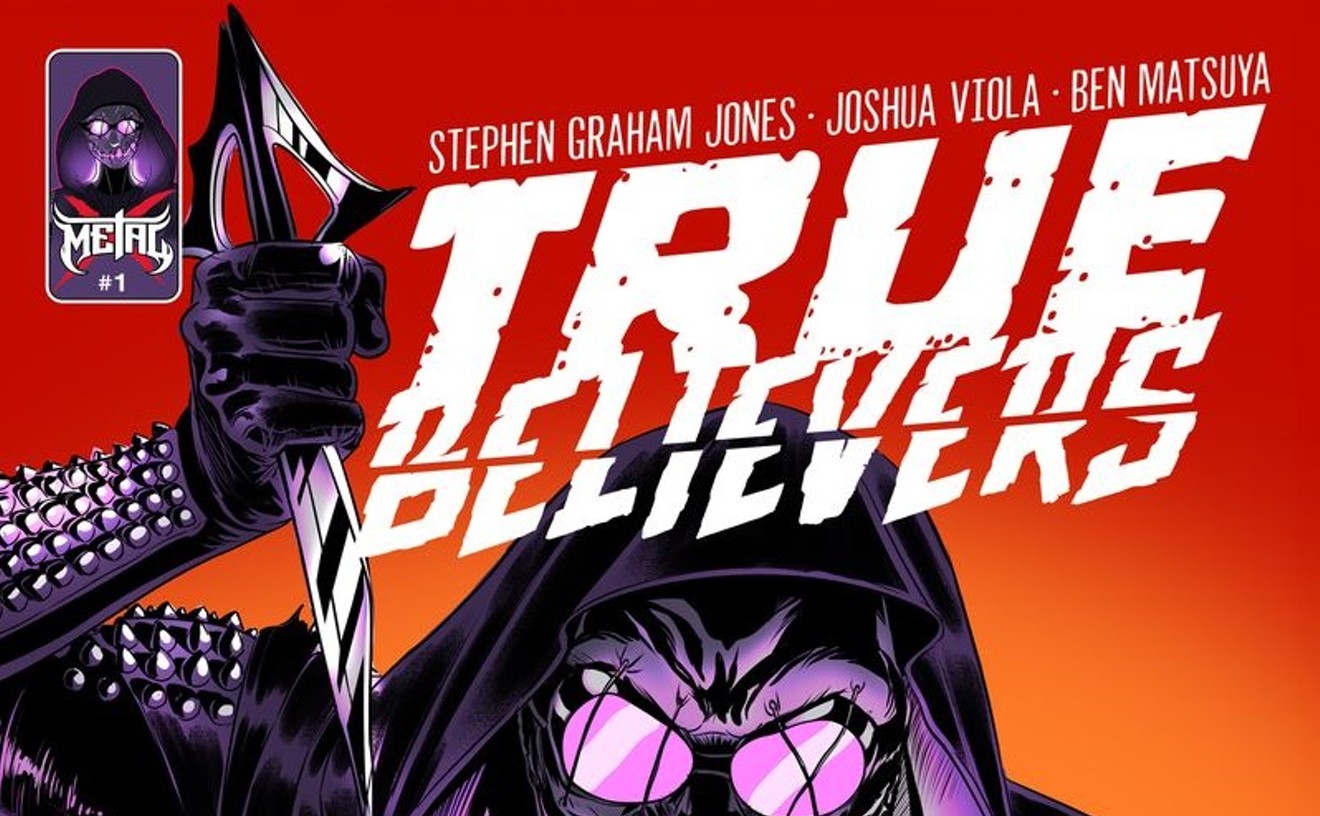The Drowsy Chaperone. The role of the Man in the Chair is the spine for The Drowsy Chaperone, and the primary reason that this lighthearted, inconsequential and very silly show is so much fun to watch: Without him, it would just float off into the ether. But with him, we're invited in on the joke, and his trenchant observations provide a sometimes tartly refreshing frame. This man is middle-aged, gay and slightly melancholy. He adores 1920s musicals, and to cheer himself up — and explain his passion to us, the audience — he decides to play a disc of a purely fictive show called The Drowsy Chaperone. And that's when everything changes: platforms swivel, walls move, doors open onto unexpected places, and a swarm of hyper-energetic actors invades his nondescript apartment. A sendup of the shows the Man loves, Chaperone includes big, sparkling numbers; lots of tapping and singing; moronic plot twists; vaudeville routines; puns; a pretty ingénue; a handsome leading man; a vampy, drunken chaperone; a clownish, self-infatuated Italian; and a couple of Mafia guys who are more ridiculous than menacing (in fact, they're disguised as pastry chefs). There are also a couple of digs at the provincialism and unconscious racism of early musicals. Boulder's Dinner Theatre has mounted a wonderful production of the show, with a very strong cast. Brian Norber gives the Man a weary intelligence, pitching the role precisely between cynicism and wonder. Presented by Boulder's Dinner Theatre through May 13, 5501 Arapahoe Avenue, Boulder, 303-449-6000, www.bouldersdinnertheatre.com. Reviewed March 15.
The Great American Trailer Camp Musical. Lin's husband is scheduled for execution, but the electric chair in the big house is so rickety he can only be put to death if everyone in the Armadillo Acres Trailer Park where she lives conserves energy. So she's urging them to keep the lights burning. Betty's husband is already dead and buried on the premises, thanks to a skillfully wielded frying pan. Poor dumb little Pickles says she's suffering a hysterical pregnancy. Hey, she has all the symptoms: When she eats a lot, she puts on weight. Lin, Pickles and Betty serve as a three-girl Greek chorus in The Great American Trailer Park Musical, telling their own stories and the stories of others, taking on various roles as necessary. Into this Florida trailer park erupts Pippi, a stripper on the run from her violent boyfriend, Duke. Pippi soon seduces toll-collector Norbert — which is about all Norbert's wife, Jeannie, needs, since she has already borne more troubles than any living woman should endure, from a bad perm to a kidnapped baby to a case of agoraphobia so severe she can't set foot outside the trailer. There are jokes about spray cheese, a hilarious sendup of reality shows like Jerry Springer's, insane and embarrassing costumes, and an inspirational song in which all the characters vow to "make like a nail and press on." You could say the musical condescends to trailer-park people, but it's just too lighthearted and cheerfully iconoclastic to get upset about. This is simply a silly, funny evening, the kind you have no reason to remember the next morning despite director Pam Clifton's satirical program note about the "complexity of the characters and the authors' grasp of the human condition." While the funky, mashed-together quarters of the Aurora Fox's black box theater are perfect for the trailer-park setting, they're not really great for sound. Which is a shame, because the songs — by Denver native David Nehls — are the best part of the evening. Presented by Ignite Theatre through May 6, Aurora Fox Studio Theatre, 9900 East Colfax Avenue, Aurora, 720-626-9796, ignitetheater.com. Reviewed April 26.
Gross Indecency: The Three Trials of Oscar Wilde. Oscar Wilde, with his dandyism and galloping showmanship, brought tremendous wit and humor to the Aesthetic Movement — "One should either be a work of art or wear a work of art," he pronounced, and "Lying, the telling of beautiful untrue things is the proper aim of art" — but for all his self-parody, he took aestheticism very seriously. So it was natural for him to frame his affair with Lord Alfred Douglas (Bosie), the affair that eventually destroyed him, in deliriously sensual language. But in Moises Kaufman's Gross Indecency, Wilde is in the courtroom, battered with questions about his sexuality, and eventually his entire glittering and carefully constructed worldview crumbles. The play is an artful pastiche of excerpts from surviving trial transcripts, news articles, participants' memoirs, biographies and Wilde's own writing, with a group of actors moving fluidly from role to role. The real-life legal proceedings began when Wilde, at Bosie's instigation, sued Bosie's father, the Marquess of Queensberry, who had left a card at his club calling him a "posing somdomite [sic]." The Marquess was exonerated, and Wilde was placed on trial for gross indecency. Found guilty, he was sentenced to two years' hard labor and lost everything, including contact with his wife and two children. He died three years after his release. The play is multi-layered, and about more than the disintegration of Wilde's life or the intrusion of reality into a set of glorious artistic fictions; there are also issues of class and culture, and of the role of the artist in society. Director Stephen Weitz has mounted a sometimes incisive production with a solid cast. Presented by the Boulder Ensemble Theatre Company through May 5, Dairy Center for the Arts, 2590 Walnut Street, Boulder, 888-512-7469, www.boulderensembletheatre.org. Reviewed April 26.
The Two of Us. This group of four short plays is Michael Frayn's earliest theatrical work. Its genesis came in 1970, when he submitted Black & Silver for an evening of one-acts, was rejected, and decided to write three more pieces and create The Two of Us. The first playlet, the original Black & Silver, follows a couple trying to recapture the magic of their Venice honeymoon three years later — only now they have their squalling baby in tow. They try to sleep. The baby wakes and cries. They mutter and argue, rock the cradle and change the diaper. There's a lot of stumbling about in the half dark and unfunny tumbling over chairs. The second play is quite wonderful, however: A young man shows up at the home of an older woman he met at a party the night before, determined to move in; she's puzzled, irritated, anxious to get rid of him. But by the time he's through weaving verbal nets of crazy connections and bits of popular science, and expounding on his bizarre philosophy — in which people not only say the opposite of what they mean, but actually feel the opposite of what they think they feel — she's getting a bit swoony. In the third playlet, a man expresses himself almost entirely through his foot, while his exasperated wife carries on a monologue with an imaginary person and gets drunk on imaginary booze. The final offering concerns a disastrous dinner party. The evening is uneven: flashes of brilliance, stretches of boredom and moments of sheer exhilaration, but you can see in this skilled production the techniques and ideas that will inform Frayn's body of brilliant mature work. Presented by Miners Alley through May 20, 1224 Washington Avenue, Golden, 303-935-3044, www.minersalley.com. Reviewed April 19.











